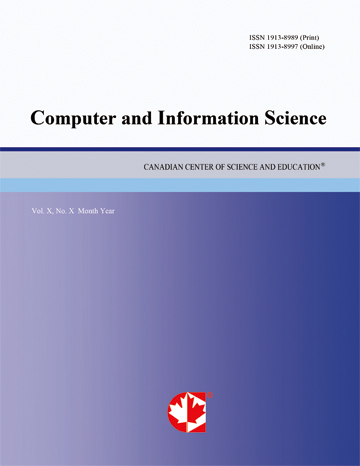Incorporating Generalized Modified Weibull TEF in to Software Reliability Growth Model and Analysis of Optimal Release Policy
- Shaik. Mohammad Rafi
- K.Nageswara Rao
- Shaheda Akthar
Abstract
Software reliability is generally a key factor in software quality. Reliability is an essential ingredient in customer satisfaction. In software development process reliability conveys the information to managers to access the testing effort and time at which software release into the market. Large numbers of papers are published in this context. In this paper we proposed a software reliability growth model with generalized modified weibull testing effort. Performance application of proposed model is demonstrated through real datasets. The experimental results shown that the model gives an excellent performance compared to other models. We also discuss the optimal release time based on reliability requirement and cost criteria.
- Full Text:
 PDF
PDF
- DOI:10.5539/cis.v3n2p145
Journal Metrics
WJCI (2022): 0.636
Impact Factor 2022 (by WJCI): 0.419
h-index (January 2024): 43
i10-index (January 2024): 193
h5-index (January 2024): N/A
h5-median(January 2024): N/A
( The data was calculated based on Google Scholar Citations. Click Here to Learn More. )
Index
- BASE (Bielefeld Academic Search Engine)
- CNKI Scholar
- CrossRef
- DBLP (2008-2019)
- EuroPub Database
- Excellence in Research for Australia (ERA)
- Genamics JournalSeek
- GETIT@YALE (Yale University Library)
- Google Scholar
- Harvard Library
- Infotrieve
- Mendeley
- Open policy finder
- ResearchGate
- Scilit
- The Keepers Registry
- UCR Library
- WJCI Report
- WorldCat
Contact
- Chris LeeEditorial Assistant
- cis@ccsenet.org
